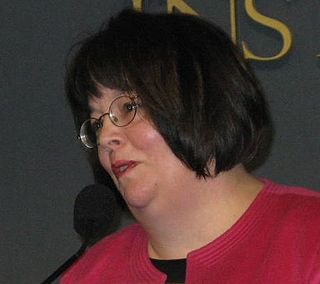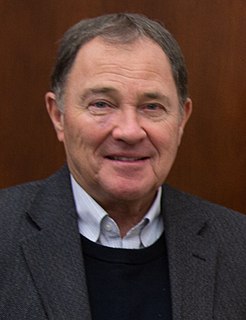A Quote by Thomas Sowell
So long as public schools are treated as places that exist to provide guaranteed jobs to members of the teachers' unions, do not be surprised to see American students continuing to score lower on international tests than students in countries that spend a lot less per pupil than we do.
Related Quotes
Apparently almost anyone can do a better job of educating children than our so-called 'educators' in the public schools. Children who are home-schooled by their parents also score higher on tests than children educated in the public schools. ... Successful education shows what is possible, whether in charter schools, private schools, military schools or home-schooling. The challenge is to provide more escape hatches from failing public schools, not only to help those students who escape, but also to force these institutions to get their act together before losing more students and jobs.
The American Federation of Teachers has a long track record of working with administrators, parents, and communities to provide real help to struggling students and low-performing schools. We've learned that intensive interventions, proven programs, and adequate resources can transform students' lives and their schools.
If college cut-offs are above 90 per cent in a particular class, then where would mediocre students with 60 per cent or 70 per cent go? Students who secure 60-70 per cent marks are also intelligent, but they could not get admission in courses of their choice for scoring lower marks than the toppers.
Standardised tests cannot capture all, but on the other hand, students who are not capable of doing well on standardised tests are not well-equipped to thrive in today's world and so it's important for teachers to ensure that students gain the foundation necessary to meet the baseline educational standards these tests represent.
Public education for some time has been heavily focused on what curricula we believe will be helpful to students. Life-Enriching Education is based on the premise that the relationship between teachers and students, the relationships of students with one another, and the relationships of students to what they are learning are equally important in preparing students for the future.
The teachers' unions that block school reform have done serious damage to the union brand. The public no longer views unions as their friend, much less their champion. They view them as corrupt, intransigent and more interested in protecting their political clout within the Democratic Party than protecting their members or even school children.



































